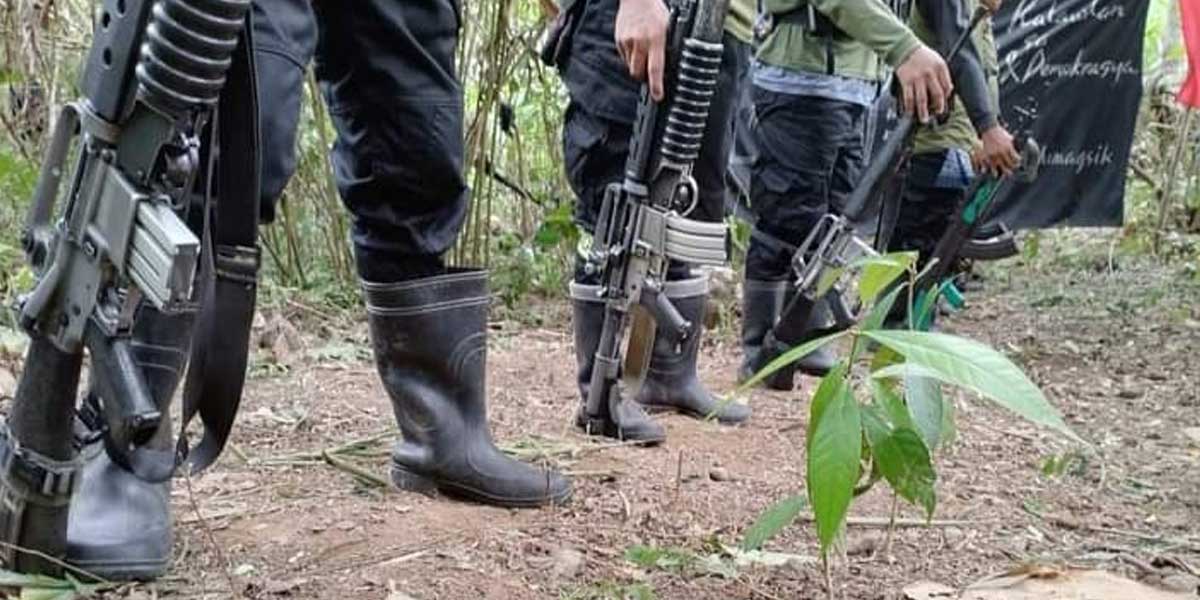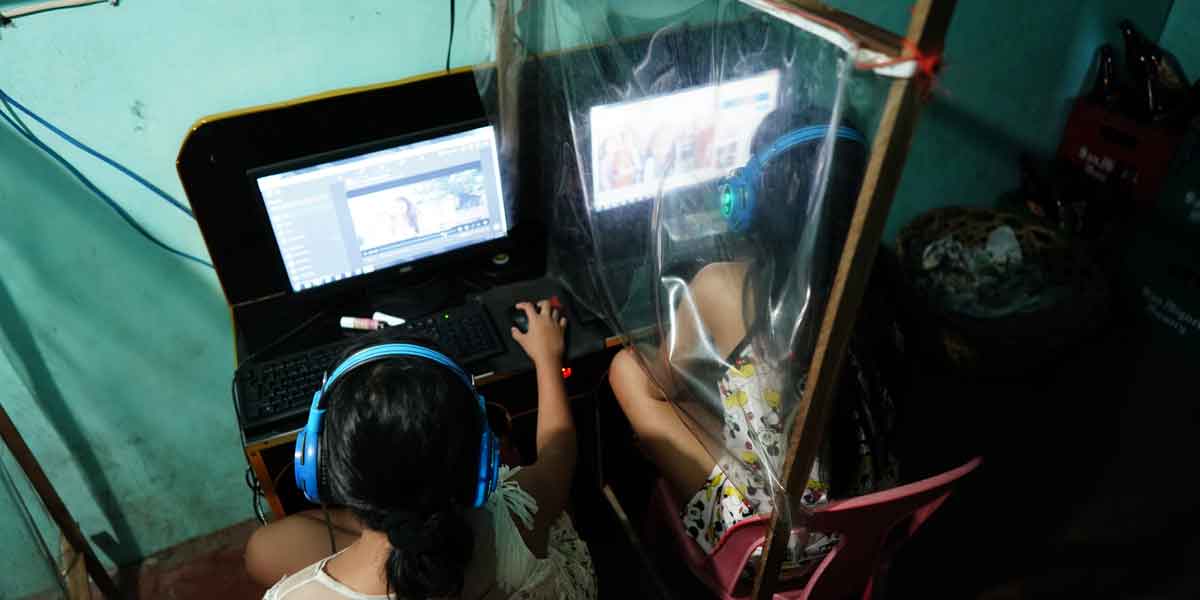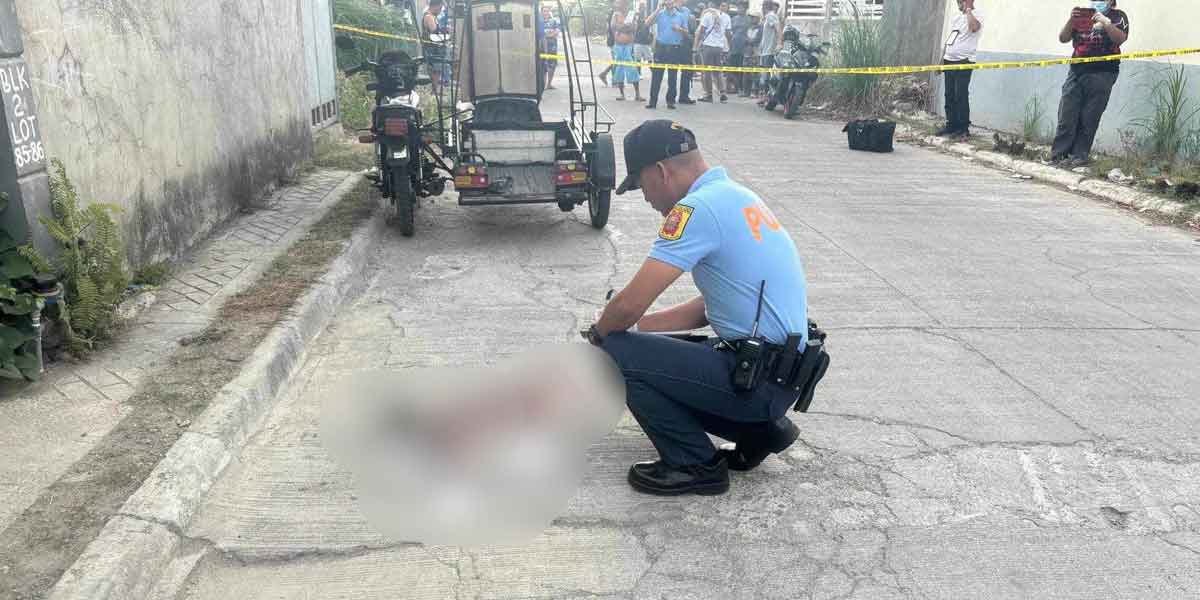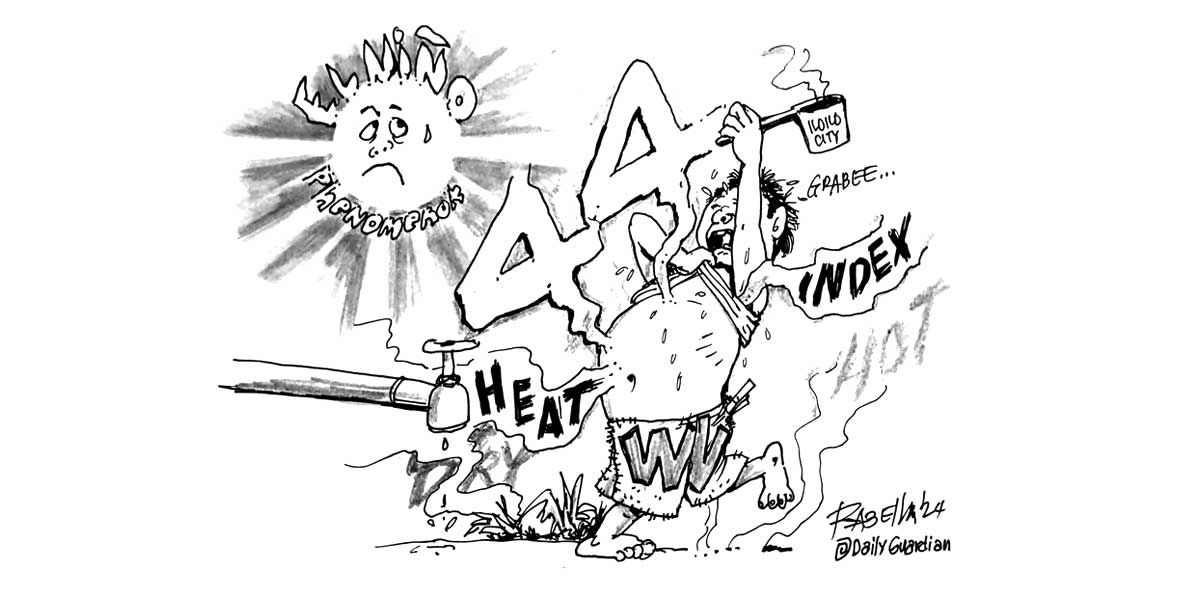MANILA— Recognizing the private sector’s critical role in reinvigorating job creation and reducing poverty, the government continues to work hard to create a more enabling regulatory and investment climate to support businesses in the country, the National Economic and Development Authority (NEDA) said.
In his remarks at the US-ASEAN Business Council meeting on October 27, 2022, NEDA Secretary Arsenio M. Balisacan underscored the government’s reforms and policies to further stimulate investments, especially from the foreign business sector.
These include the game-changing reforms of the Public Service Act (PSA), which is complemented by other recently-amended economic laws such as the Retail Trade Liberalization Act (RTLA) and the Foreign Investments Act (FIA).
“The PSA amendment opens the economy to greater competition in sectors such as railways, expressways, airports, shipping, and telecommunications. With its passage, the force is set for industry players to become more competitive by lowering their prices, introducing innovations, and raising the quality of their goods and services,” Balisacan said.
The NEDA Secretary also emphasized that the government has finalized the amendments to the implementing rules and regulations (IRR) of the Build-Operate-Transfer (BOT) law, which has just taken effect last October 12, 2022.
These amendments address the concerns regarding the financial viability and bankability of public-private partnership (PPP) projects and the concerns on potential delays that might impede the implementation process.
“With this reform, we hope to raise the confidence of investors who dedicate substantial resources to developing high-quality and high-impact infrastructure projects—including those that will benefit the social sectors of health, education, and agriculture,” he said.
Balisacan also mentioned the issuance of the amended NEDA Joint Venture Guidelines before the end of the year to ensure greater competition in joint-venture projects and address concerns about the performance standards of operators, particularly for critical infrastructure.
“Amid the economic headwinds and geopolitical tensions, the Philippine government aims to address the binding constraints hindering rapid and sustained economic growth to create more and higher-quality jobs in growth driver sectors such as manufacturing, construction, agriculture, tourism, IT-BPOs, and high-tech and creativity sectors,” the NEDA Secretary said.
Balisacan reiterated the government’s adoption of the Medium-Term Fiscal Framework for prudent fiscal management, and the expedited formulation of the Philippine Development Plan (PDP) 2023-2028. The PDP, which will be completed by the year-end, would serve as the country’s development blueprint or roadmap to simultaneously address the short-term issues and achieve the medium-term socioeconomic goals of the Philippines.
“Allow me to reiterate the President’s message: now is the time to invest in the vast potential of the Philippines. The country’s economic fundamentals remain strong, and we are committed to building on the gains we have made as we expand and deepen reforms. We welcome your ideas and look forward to working with you as partners in promoting economic growth that is truly inclusive and sustainable,” Balisacan said.
The meeting was attended by delegation members consisting of executives and representatives from the healthcare, pharmaceuticals, technology, food, and infrastructure sectors, among others.





















